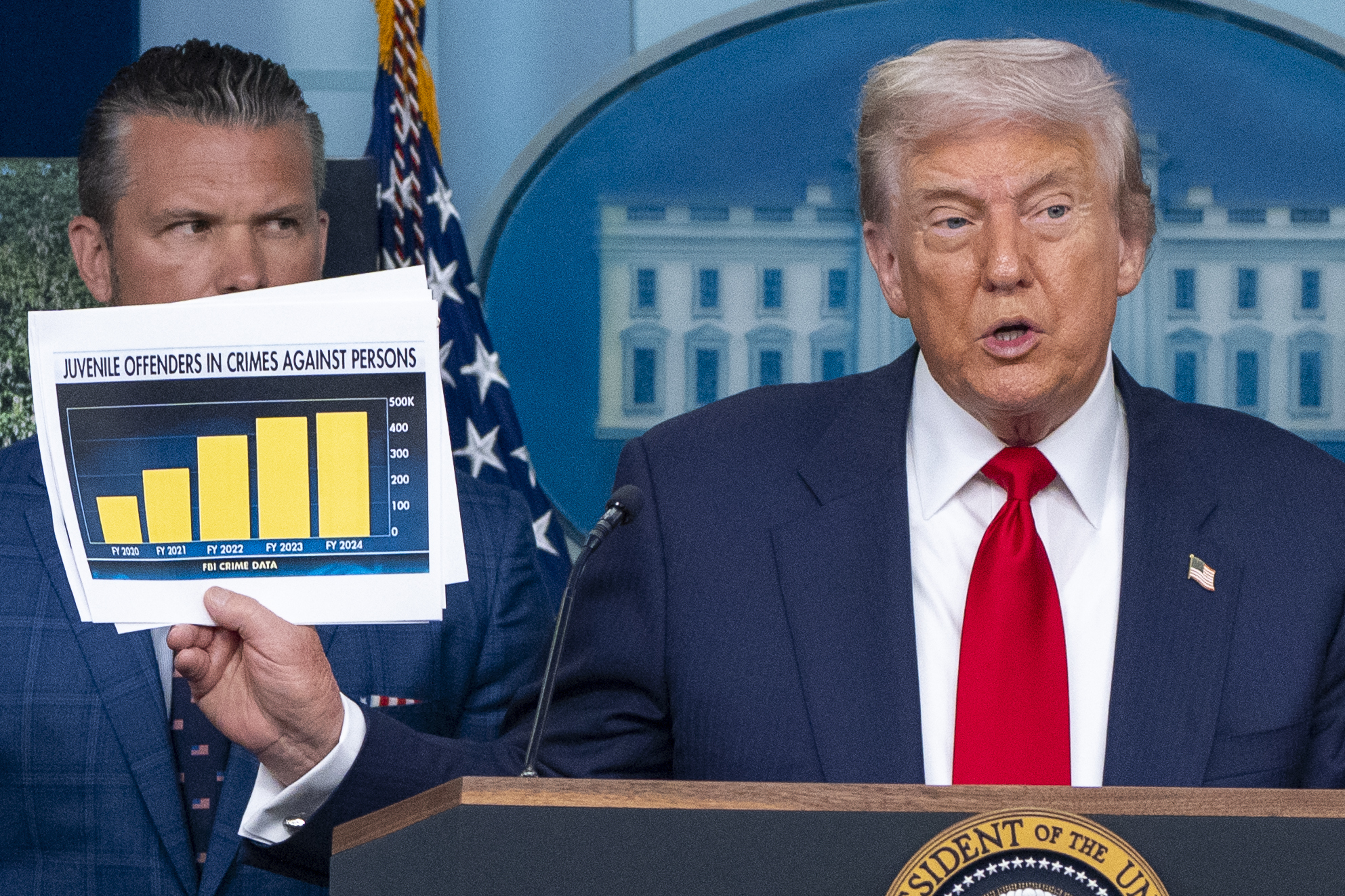
For years, Democratic presidential candidates and their advisers have spent a great deal of time and energy fretting over their approach to Israel and its conflict with the Palestinians. According to the old rulebook of American politics, promoted by many pundits and party stalwarts, Democrats hoping to become president should “play it safe” by tacking to the right on the issue.
The prescriptions were simple: Sound like a hawk. Don’t create any daylight between yourself and right-leaning Israel advocacy groups. Don’t ever criticize the Israeli government or its policies. Support peace, sure, but say very little about what needs to happen in order to achieve it. Don’t talk about the legitimate aspirations of Palestinians to statehood, or about settlement expansion or—god-forbid!—mention the word “occupation” when talking about the West Bank.
Today, you can still hear vestiges of this conventional wisdom in warnings that Democrats, torn between a supposed hard-left of pro-Palestinian activists and more conservative elements of the party’s base of support, have an “Israel problem.” Those warnings are wrong.
Instead, new polling commissioned by J Street confirms that the Israeli-Palestinian issue isn’t a problem for Democratic candidates—it’s an opportunity. There’s a clear path to a balanced, principled, and forward-looking consensus position that the vast majority of Democratic voters are ready to rally behind.
The new survey of 800 likely 2020 Democratic primary and caucus participants, conducted from May 1-5 by GBAO Strategies, found that a significant majority have a positive view of Israel (+25 percent favorable/unfavorable) and a decidedly negative view of its current leadership, with Prime Minister Netanyahu under water at -27 percent. A clear majority also feels positively about Palestinians (+13 percent favorable). And an overwhelming 81 percent believe that “someone can be critical of Israeli government policies and still be pro-Israel.”
These views—supportive of Israel, critical of Israeli policies, opposed to the false dichotomy between “pro-Israel” and “pro-Palestinian”—clearly shape the kind of leadership Democrats are looking for. The vast majority (75 percent) said they would be most likely to vote for a candidate who supported both Israelis and Palestinians, rather than one who sided exclusively with either. Virtually the same number (74 percent) said they want the U.S. to act as a fair and impartial broker instead of siding exclusively with Israel in peace negotiations.
Sixty-one percent of likely Democratic voters said they were less likely to support a candidate who believes that the U.S. “must stand behind all of [PM] Netanyahu’s policies.” On Iran, Democratic voters reject the hardline, saber-rattling approach of Trump and Netanyahu in favor of smart, multilateral diplomacy—72 percent support the US re-entering the JCPOA nuclear agreement—known colloquially as the Iran deal.
For 2020 candidates, the lessons here should be clear. Voters don’t want their presidential nominee to give a free pass to the Netanyahu government for its hard-right policies, or to focus all of their blame and criticism on either side of the conflict. They want to see candidates demonstrate empathy and concern for both Israelis and Palestinians and pursue tough, proactive diplomacy that holds their leaders accountable.
That’s not the only area where the right-leaning conventional wisdom is clearly out of touch. While Republicans scream that Democrats embrace the boycott, divestment, and sanctions movement (BDS) against Israel, the truth is that 63 percent of Democratic voters have never even heard of it. With just 12 percent supportive of it and 13 percent opposed, BDS is a political non-issue.
Further, voters are clear that they are decidedly against heavy-handed attempts to pass legislation that punishes BDS supporters and infringes on free speech rights—54 percent oppose, while just 22 percent support. In light of those numbers, candidates should be very careful not to embrace the misguided, GOP-driven effort to crack down on the small minority of Americans who support BDS.
Foreign policy and Israel/Palestine may not be at the very top of voters’ priority lists—but they still matter. As the Trump administration’s destructive actions continue to fuel conflict in the Middle East, Democratic aspirants for the White House need to understand that primary voters want them to take a bold, proactive, and even-handed approach to peacemaking in the region.
If presidential hopefuls can make clear that they respect the legitimate rights and needs of both Israelis and Palestinians, that they support Israel but not Netanyahu and that they won’t give a free pass to destructive actions by leaders on either side, they can unite the party behind them. If they can reject out-of-touch calls to “play it safe” and tack to the right, candidates can earn the trust of voters and help transform our national foreign policy conversation for the better.
Jeremy Ben-Ami is the founder and president of J Street, the pro-Israel, pro-peace advocacy group.





